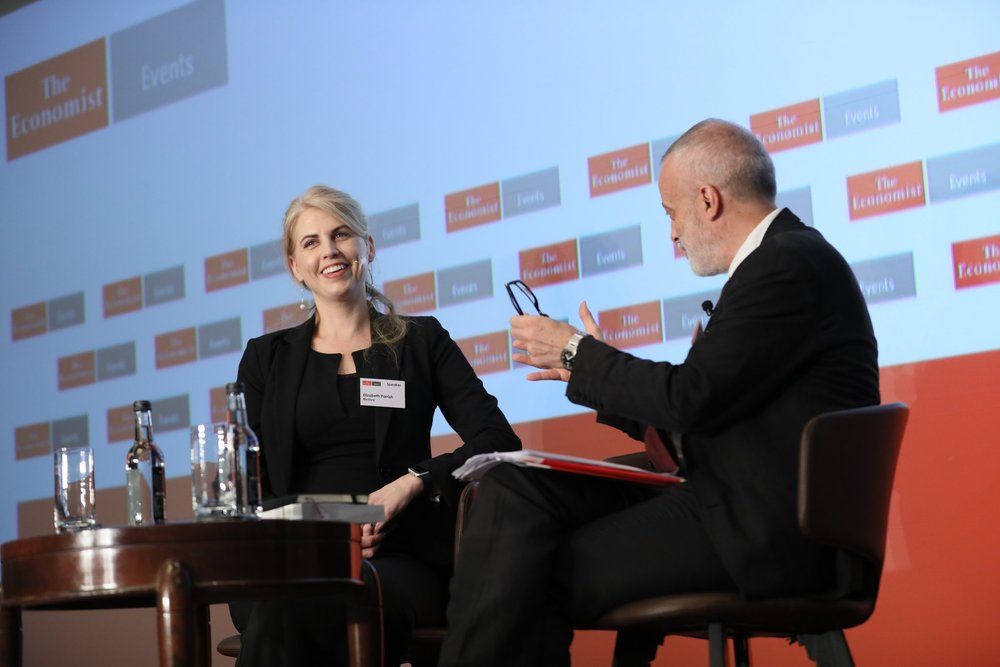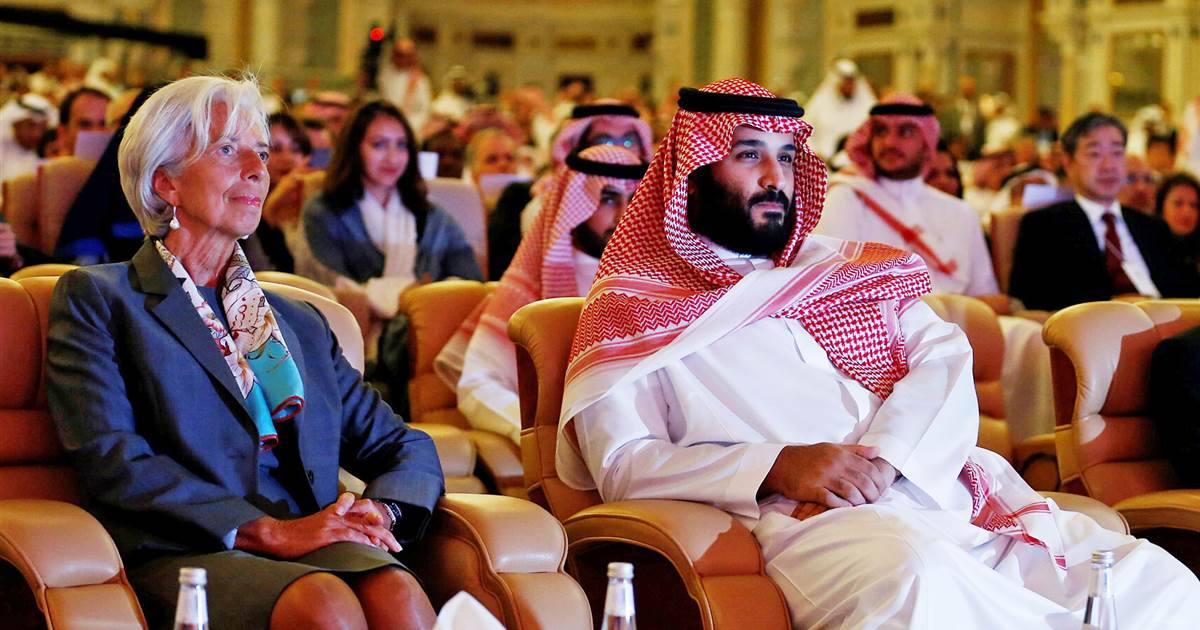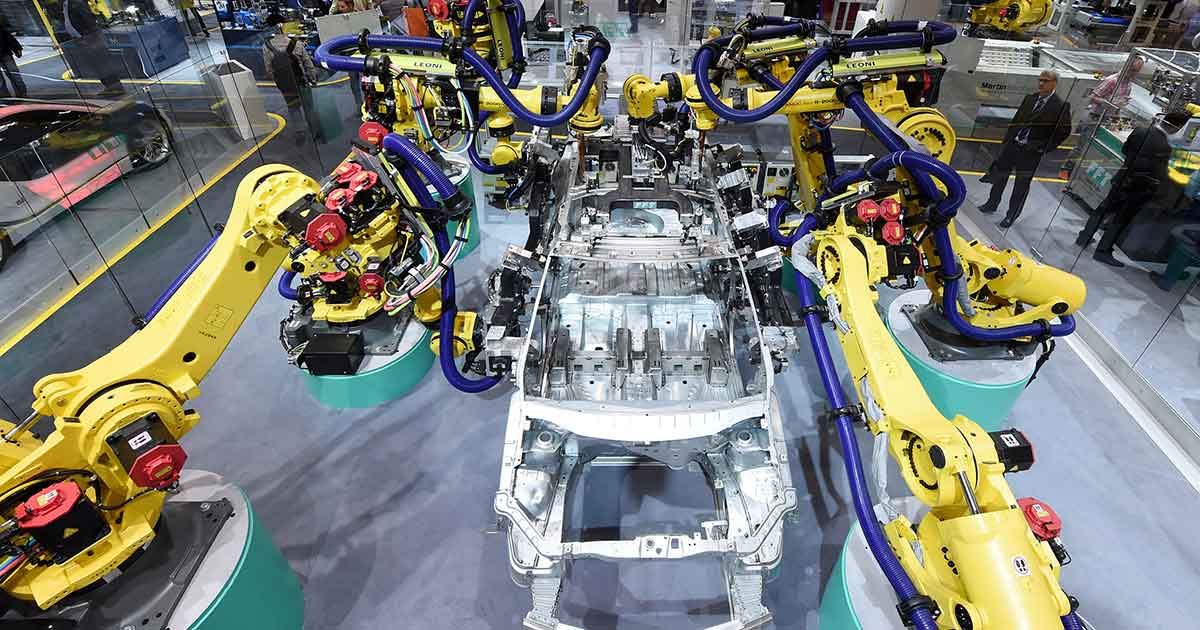“Former Vice President and Chairman of Generation Investment Management, Al Gore, introduces PRI, UNEP FI and The Generation Foundation’s Fiduciary duty in the 21st century programme. The project finds that, far from being a barrier, there are positive duties to integrate environmental, social and governance factors in investment processes.”
Category: business – Page 277

Fifty years since the first United Nations Conference on the Exploration and Peaceful Uses of Outer Space (1968 — 2018): UNISPACE+50 — United Nations Office for Outer Space Affairs (UNOOSA)
“UNISPACE+50 will celebrate the fiftieth anniversary of the first United Nations Conference on the Exploration and Peaceful Uses of Outer Space. It will also be an opportunity for the international community to gather and consider the future course of global space cooperation for the benefit of humankind.
From 20 to 21 June 2018 the international community will gather in Vienna for UNISPACE+50, a special segment of the 61 st session of the Committee on the Peaceful Uses of Outer Space (COPUOS).”



Liz Parrish in keynote interview at The Business of Longevity Conference in Hong Kong
Our CEO, Liz Parrish was invited at this event for a keynote interview with Charles Goddard, the editorial director for The Economist Asia Pacific Intelligence Unit. They discussed the complexity of regulations, the extraordinarily long time it takes for drug development from bench to bedside, the current funding environment surrounding biotech, and the pace of medical innovations. During the keynote, Liz emphasized that BioViva’s main aim is to make advanced gene and cell therapies available to all patients in need. To further this cause BioViva supports innovative and adaptive clinical trials, new models for preclinical testing, and accelerating the time to develop advanced gene and cell therapy. Finally, Liz highlighted the importance of testing gene and cell therapy in humans as quickly as possible, because animal models are not accurate.
Transforming cities with technology
Click here to subscribe to The Economist on YouTube: http://econ.trib.al/rWl91R7
By 2050, two thirds of the world’s population will live in cities. Urbanisation is happening faster than at any time in human history.
Globally, 900 million people are living in slums. Cities can’t add housing fast enough. Today, an estimated one billion vehicles are already bringing urban areas to a standstill. Cities consume three-quarters of the world’s energy each year and are responsible for around 50% of greenhouse gas emissions.
These are challenges our cities have been facing for decades.
But now some city leaders, businesses, and even citizens, are taking new approaches to tackling these old problems. They’re transforming their cities with technology.
In Seoul, the use of data is seen as the key to tackling some of the big challenges of city life — like moving its people around. City workers here use sophisticated technology to understand and transform how the city — and its metro — can be run. The subway system transports 7 million people every day. It’s widely regarded as one of the best in the world. And the entire network from wheels to workers is driven by data.
‘New Generation of Cities’: Riyadh to Build High-Tech Utopia in the Desert
Struggling to steer its economy away from oil dependence, Saudi Arabia announced an audacious plan to build a $500 billion super-city that is intended to become a world-class business hub.
Saudi Arabia is moving toward a “new generation of cities,” said Mohammed bin Salman, crown prince of the Middle Eastern kingdom, during one of his rare appearances before the press on October 24. The first of its kind, the city, to be named Neom, would be powered by green energy and have no room for “anything traditional,” he said.
Neom, an ambitious business hub, was promoted with a video clip showing happy people engaging in business, science, art, leisure, and showed men and women freely mixing in modern European clothes — something that is impossible in most of Saudi Arabia.
Dr Aubrey de Grey — Rejuvenating biotech: Why age may soon cease to mean aging
Dr. Aubrey De Grey is a biomedical gerontologist and the Chief Science Officer at SENS Research Foundation, a biomedical charity that funds research dedicated to combating aging. His research interests encompass the characterization of all the accumulating and eventually pathogenic molecular and cellular side-effects of metabolism (“damage”) that constitute mammalian aging, and the design of interventions to repair and/or obviate that damage. In line with his research, De Grey gave a talk at The Aspen Abu Dhabi Ideas Festival focusing on “Rejuvenating Biotechnology: Why age may soon cease to mean aging”.
In March 2017, the Aspen Abu Dhabi Ideas Forum welcomed some of the brightest and most interesting minds from the UAE and around the world to discuss four of the most important moonshot challenges facing our planet. The event was inspired by the world-famous Aspen Ideas Festival that has been taking place in Colorado since 2005, as a place for scientists, artists, politicians, business leaders, historians and educators to discuss some of the most fascinating ideas of our time. The 2017 Aspen Abu Dhabi Ideas Forum topics included: “System Shock: Calming the ‘politics of anger’”, “Beyond GDP: Targeting ‘all-in’ human welfare”, “Health: Extending the healthy human lifespan” and “Space: Living Sustainably beyond Earth”.

‘Davos in the desert’ offers glimpse of how Saudi Arabia is changing
Women and men sat together Tuesday as some 3,000 business people, investors and officials from dozens of countries gathered in the capital of highly conservative Saudi Arabia.
Dubbed “Davos in the desert” — a reference to the annual World Economic Forum in Switzerland — the conference is the first of its kind.
IMF director Christine Lagarde (left) and Saudi Crown Prince Mohammed bin Salman (center) attend the Future Investment Initiative conference in Riyadh, Saudi Arabia, on Tuesday. Faisal Al Nasser / Reuters.

This Company’s Robots Are Making Everything—and Reshaping the World
Amid the tumult, there’s one clear winner: the $50 billion company that controls most of the world’s market for factory automation and industrial robotics. In fact, Fanuc might just be the single most important manufacturing company in the world right now, because everything Fanuc does is designed to make it part of what every other manufacturing company is doing.
Fanuc, a secretive Japanese factory-automation business, might be the planet’s most important manufacturer.